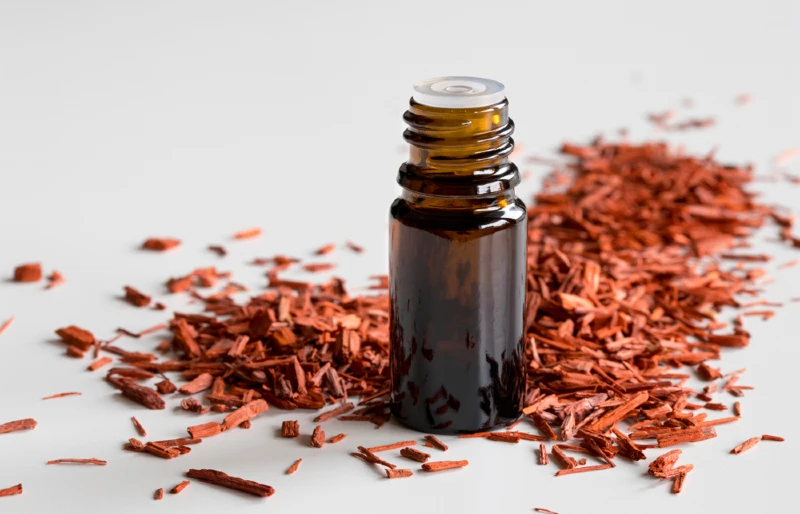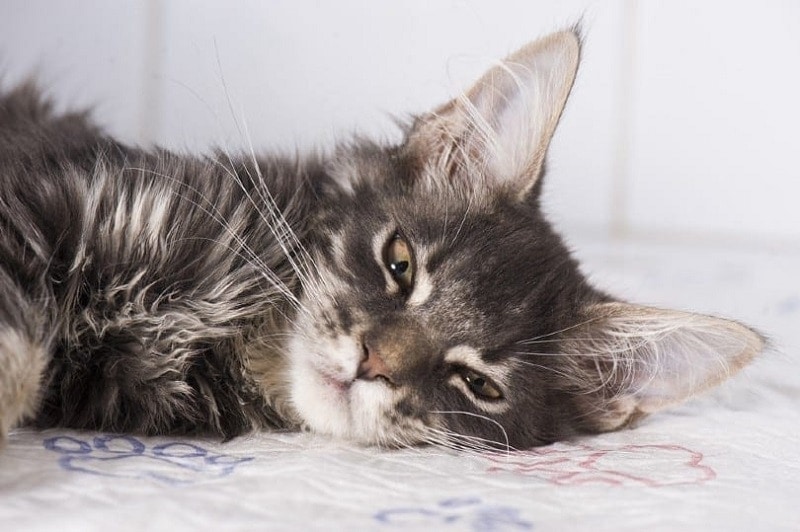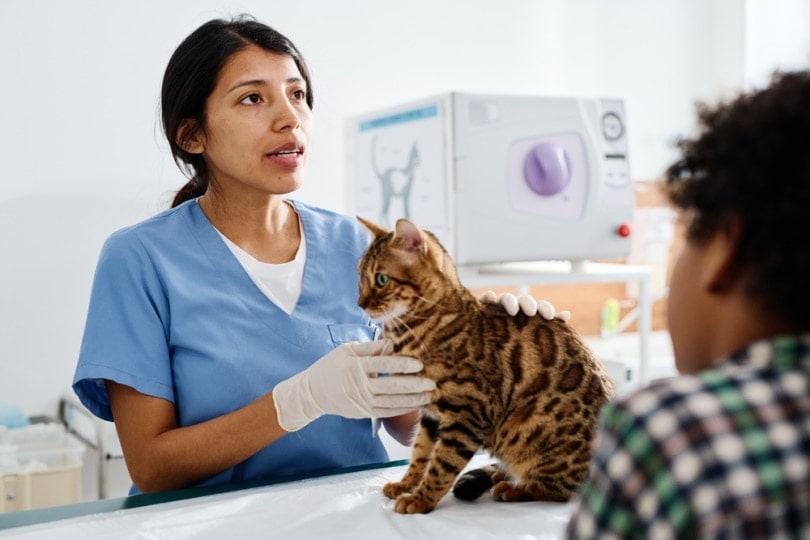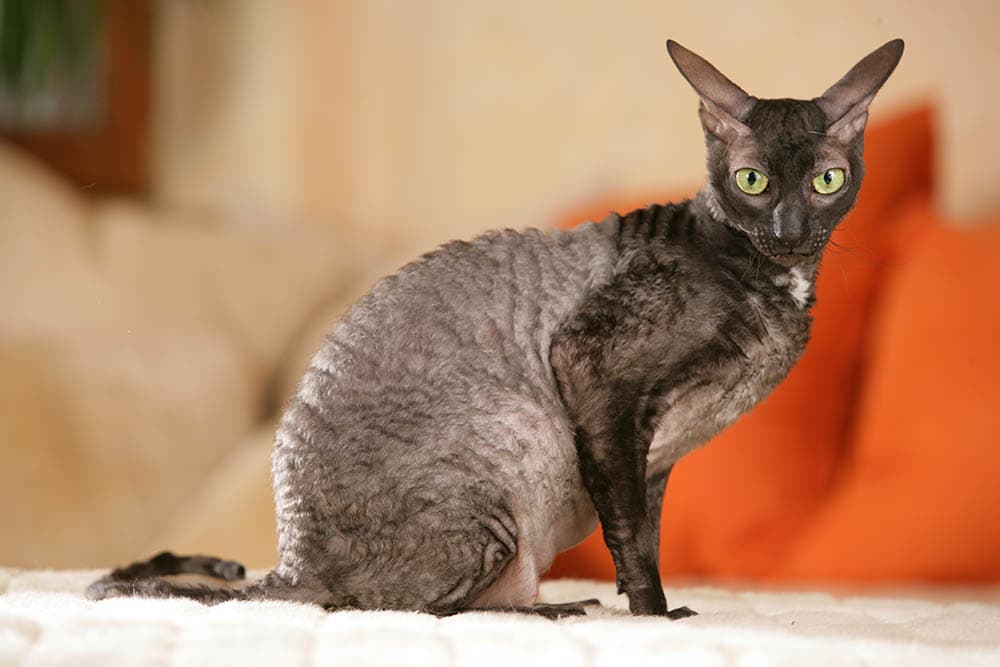Is Sandalwood Safe for Cats? Vet-Reviewed Risks & Treatment
By Jessica Kim
Updated on

Click to Skip Ahead
Sandalwood is a type of wood that’s widely used in fragrances and essential oils. Some research also shows that there may be some health benefits to humans to using sandalwood oil. Despite its calming effects, sandalwood isn’t recommended to be used on cats. Like many essential oils, sandalwood oil is toxic to cats. Therefore, it’s best to keep the essential oils to yourself and refrain from using them on or around your cat.
Is Sandalwood Toxic to Cats?
The toxic effects of sandalwood and other essential oils may be seen when a cat touches, inhales, and ingests them. So, if your cat comes in contact with sandalwood essential oil, it’s best to contact your veterinarian or a pet poison control hotline to get immediate help.
Sandalwood oil is a very concentrated form that can be a skin irritant, causing itchiness, redness, and inflammation at the site it is applied. A significant amount of sandalwood oil can also cause burns on the skin, lips, and inside the mouth if a cat licks it off.
Your cat can also experience an upset stomach if they consume sandalwood oil. They can vomit, have diarrhea, or become lethargic. Some cats may experience difficulty breathing if they inhale diffused essential oil, such as sandalwood.

What Should I Do If My Cat Is Exposed to Sandalwood?
If you suspect your cat has touched or ingested sandalwood oil, contact your veterinarian or an animal poison control hotline right away for consultation. Your cat may not show signs of sandalwood oil poisoning right away, but you can still tell if your cat came in contact with it by other clues. They may paw at their mouths, drool, or have the smell of the fragrance on their coat or in their breath.
The severity of its effects will depend on the size of your cat and the amount that was ingested. It’ll be helpful for your veterinarian to know your cat’s age and weight and the estimated amount of sandalwood oil involved. Your veterinarian may also find more helpful information if you provide the brand of sandalwood oil.
You can help your cat by washing off any parts of their body that come in contact with sandalwood oil using pet shampoo or mild soap. It’s not recommended to induce vomiting on your own or feed your cat-activated charcoal. This can end up making your cat feel worse and further complicate the matter.
Treatment for Sandalwood Toxicity
It’s best to leave treatment options to your veterinarian because sandalwood can affect your cat in several different ways. Sandalwood oil and other essential oils can cause liver and kidney damage. It can also leave chemical burns in your cat’s mouth and esophagus.
There’s currently no antidote for sandalwood oil poisoning. Your veterinarian will develop a treatment plan for the signs your cat is experiencing. Depending on your cat’s condition, they may be given anti-vomiting medication, antibiotics, or liver and stomach protectants.

Conclusion
Sandalwood oil can be harmful to cats when it’s touched, inhaled, or ingested. Since there isn’t an antidote for sandalwood oil, it’s important to get your cat professional help as fast as possible. In general, essential oils aren’t recommended to be used directly on or around cats because they can cause irritation and discomfort. So, make sure to keep them in a safe and unreachable location, and talk with your veterinarian to see which ones are safe to use around your cat.
Featured Image Credit: Madeleine Steinbach, Shutterstock














